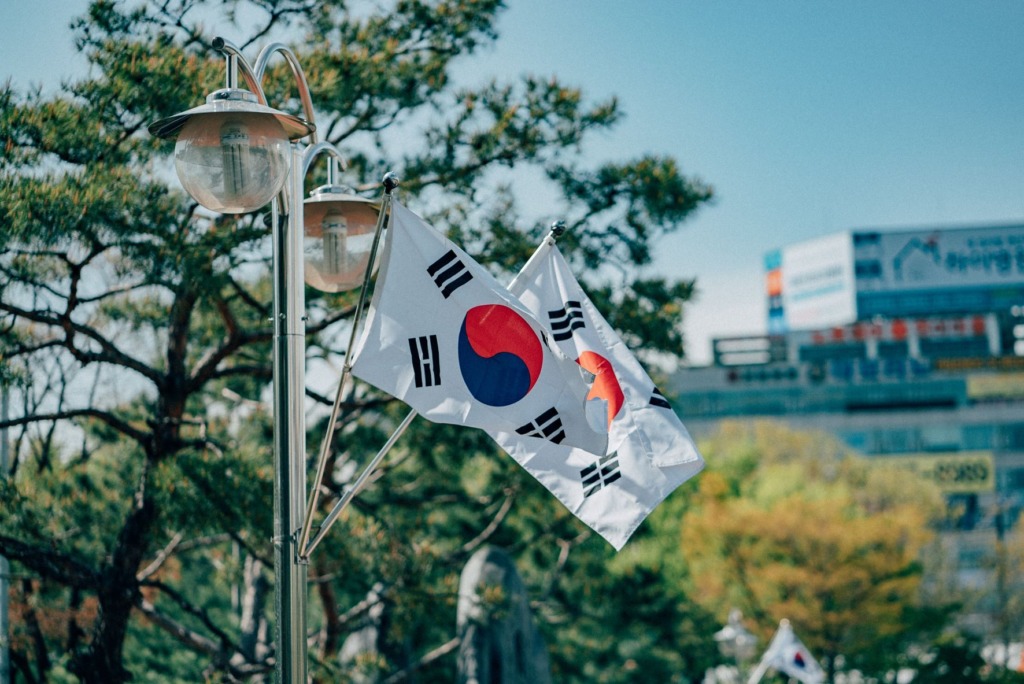Navigating the Unique Workplace Culture of South Korea
South Korea is known for its unique culture, and this extends to the workplace. Understanding the nuances of Korean workplace culture is important for anyone doing business in the country or working for a Korean company. In this article, we'll explore some of the key elements of Korean workplace culture and how they differ from Western cultures.
Hierarchy and Respect
One of the most striking differences between Korean and Western workplace cultures is the emphasis on hierarchy and respect. In Korean culture, age and seniority are highly respected, and this is reflected in the workplace. Employees are expected to show deference to their superiors and address them with appropriate titles, such as "team leader" or "director."
Additionally, the concept of "face" is important in Korean culture, which means avoiding conflict and preserving harmony. This can result in indirect communication and the need to read between the lines, as direct criticism or confrontation is generally avoided.
Teamwork and Collaboration
Another key element of Korean workplace culture is the emphasis on teamwork and collaboration. Korean companies tend to have a strong sense of camaraderie, and employees are expected to work together and support one another. This is reflected in the language used, with collective pronouns like "we" and "our team" being more common than "I" or "me."
Korean companies also tend to place a lot of importance on building relationships and socializing outside of work, often through company-sponsored events or group dinners. This can be a great way to build camaraderie and strengthen relationships, but it can also be challenging for those who prefer to keep work and personal life separate.
Work-Life Balance
While Korean workplaces are known for their long working hours, there has been a recent push to promote work-life balance in the country. In fact, the government has implemented a law that limits the maximum number of working hours to 52 hours per week. However, cultural expectations and the pressure to conform to the group can make it difficult for employees to take advantage of these policies.
Additionally, taking time off work, especially for personal reasons, can be seen as a sign of weakness or lack of commitment. This can make it challenging for employees to balance their work and personal lives, and may contribute to high levels of stress and burnout.
Education and Credentials
In Korean workplace culture, education and credentials are highly valued. This is reflected in the hiring process, where a strong academic background and relevant certifications are often required. However, this emphasis on credentials can also lead to a lack of diversity in the workplace, as those who did not attend prestigious universities or obtain certain certifications may be overlooked.
Conclusion
Understanding the unique workplace culture of South Korea is essential for anyone doing business or working in the country. By recognizing the importance of hierarchy and respect, teamwork and collaboration, work-life balance, and education and credentials, individuals can navigate the Korean workplace more effectively and build strong relationships with colleagues. While there are certainly challenges to working in a different culture, by embracing these differences and being open to new experiences, individuals can thrive in the dynamic and exciting world of Korean business.
Labels: Business, Interesting


0 Comments:
Post a Comment
Subscribe to Post Comments [Atom]
<< Home